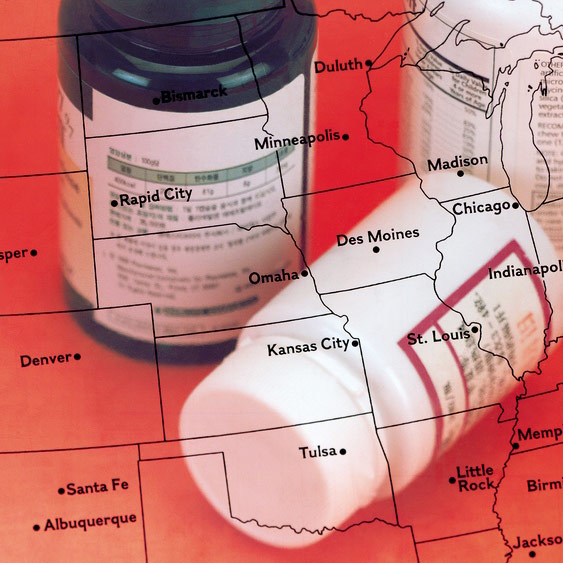MONDAY, May 23, 2016 (HealthDay News) — The whooping cough vaccine is safe for pregnant women, a new study indicates.
The researchers also found the tetanus-diphtheria-acellular pertussis (Tdap) vaccine, which protects against whooping cough, is critical for the health of newborns that are particularly vulnerable to the illness.
“Our study adds to the growing body of evidence that the Tdap vaccine is safe for pregnant women and their unborn children,” said. Berenson. “It’s important for women to get the Tdap vaccine while they are pregnant to protect their infants from pertussis [whooping cough]. Doctors can share the findings of our paper with their pregnant patients to let them know the vaccine is safe for them and their babies.”
The Tdap vaccine is currently recommended for all pregnant women in the United States.
The study was published recently in Human Vaccines & Immunotherapeutics.
For the study, the researchers reviewed outcomes from nearly 1,800 births. They compared more than 1,100 cases involving a mother who was vaccinated against whooping cough with 650 women who weren’t immunized.
“We took advantage of electronic medical records to look at the health of a large number of women and their infants, many more than some previous studies. We also examined more health outcomes than previous studies and were able to thoroughly check women’s medical records,” study author Dr. Abbey Berenson said in a journal news release. Berenson is from the University of Texas Medical Branch in Galveston.
The only difference in health outcomes among the mothers or their infants was that vaccinated women were less likely to deliver via C-section, the study found.
The researchers noted this finding is probably not directly linked to the Tdap vaccine.
Whooping cough is caused by the bacterium Bordetella pertussis. There were 200,000 reported cases of the disease each year in the United States until routine immunization resulted in a more than 90 percent drop in rates of the disease in developed nations, the U.S. Centers for Disease Control and Prevention said.
But, the CDC cautions that whooping cough remains a threat, particularly for infants.
“Babies less than 3 months old are especially vulnerable to the devastating outcomes from pertussis. They are most at risk of dying from the disease. And yet, newborns don’t receive their first dose of [whooping cough vaccine] until they are 2 months old and aren’t fully protected until they are 6 months old,” Berenson said.
That’s why it’s so important to protect newborns from whooping cough in other ways. And, one way to do that is to make sure pregnant women are vaccinated. Antibodies that can protect against the disease can be passed from mom to fetus if the mother has been immunized.
“These maternal antibodies can provide short-term protection to newborns,” Berenson said.
More information
The U.S. Centers for Disease Control and Prevention provides more information on the whooping cough vaccine.
Copyright © 2026 HealthDay. All rights reserved.

